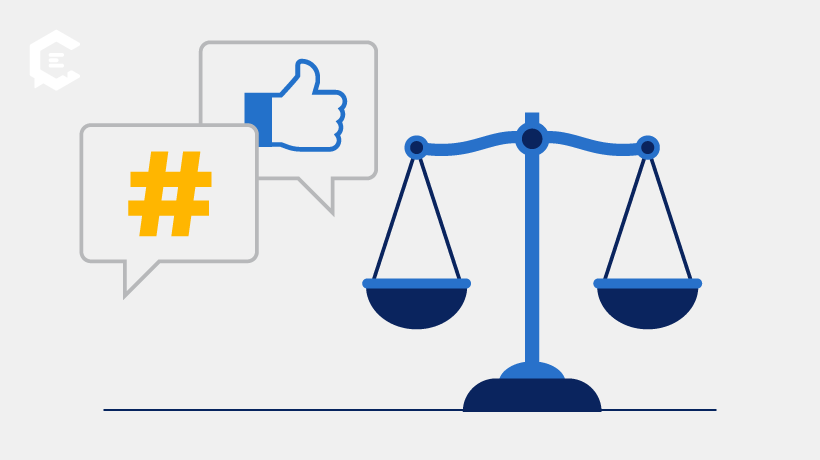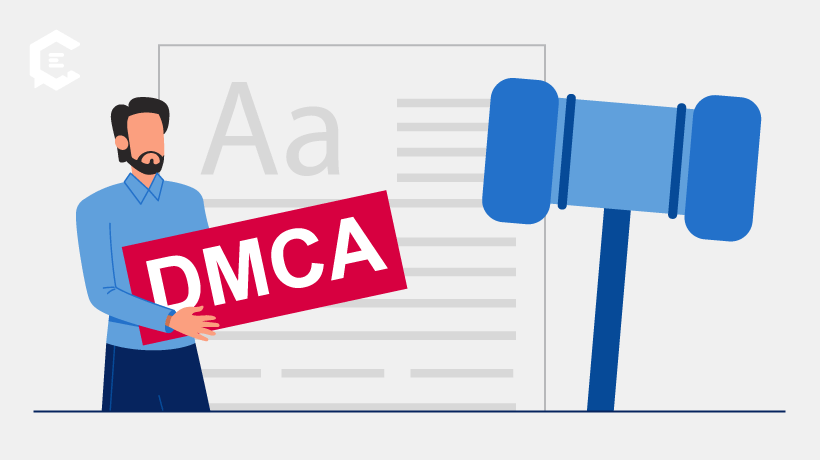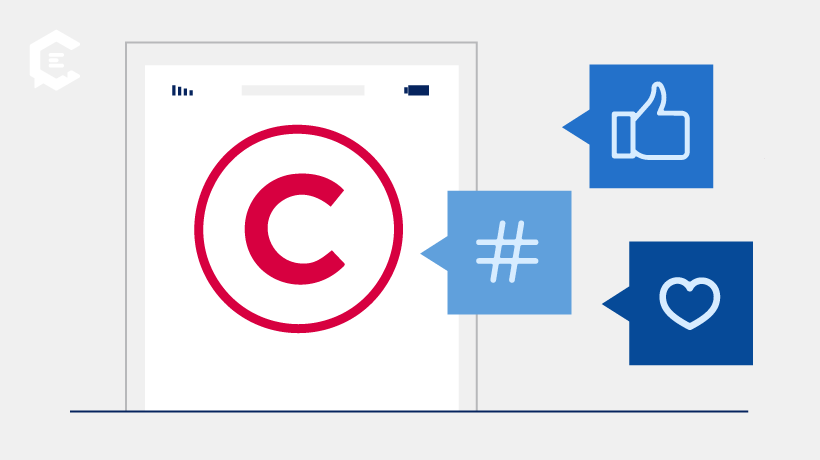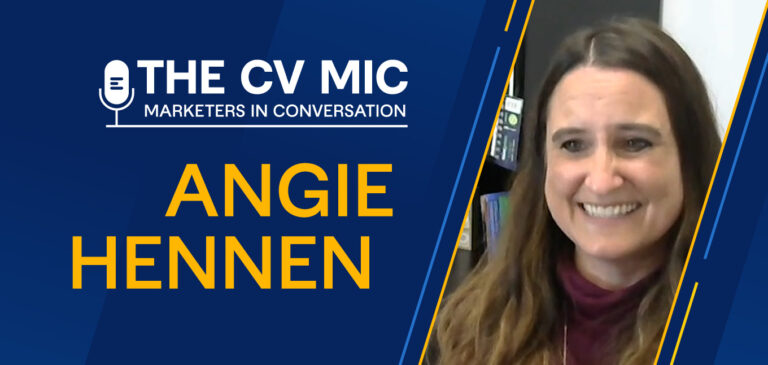From memes and music clips to full-blown blog reposts, content flies across social media at lightning speed. But just because something’s easy to share doesn’t mean it’s free to use. As copyright law adapts to the digital age, content creators and marketers need to understand where the legal lines are, especially on platforms like Instagram, TikTok, LinkedIn, and X (formerly Twitter).
Whether you’re a brand, a freelancer, or a content strategist, understanding social media copyright is crucial for protecting your own work and avoiding costly missteps with someone else’s.
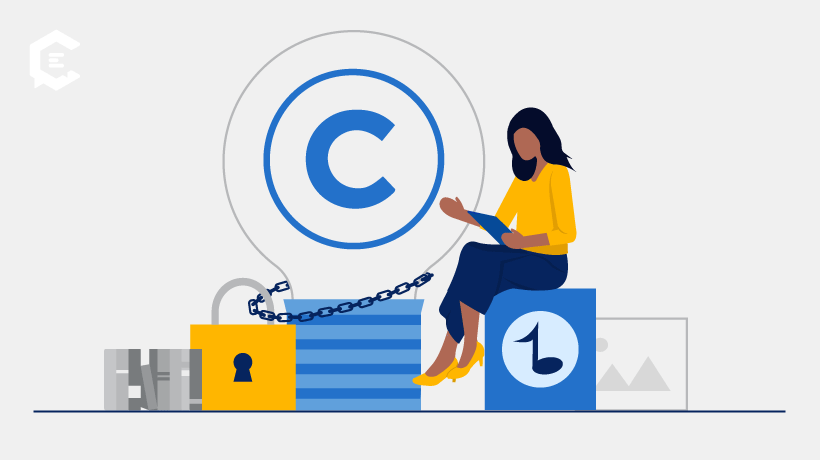
Copyright Basics: What Counts as Protected?
In short: nearly everything.
Copyright law protects original works of authorship the moment they’re created and fixed in a tangible form — no formal registration required. That means text posts, photos, illustrations, videos, audio recordings, and even memes are considered protected works under U.S. law.
The person who creates the content holds the copyright by default, unless it’s been transferred or created under a “work for hire” agreement. That includes:
-
A photographer’s image on Instagram
-
A TikTok creator’s voiceover and video mashup
-
A journalist’s LinkedIn article
-
A user’s original tweet (yes, even that)
Just because content appears online doesn’t mean it’s public domain or free to reuse.
The Share Button Isn’t a Get-Out-of-Jail-Free Card
Social platforms make it easy to repost and reshare. But here’s the catch: just because a platform provides a share button doesn’t mean you’re legally protected.
-
Native Sharing = Safer: If you’re using Instagram’s “Repost to Story” or retweeting on X, that’s typically covered under the platform’s terms of service. The original user consents to that form of sharing by posting on the platform.
-
Manual Download + Reupload = Risky: Taking someone’s video or image, downloading it, and uploading it as your own post, even with credit, is a potential copyright infringement unless you have permission.
Takeaway: Stick to platform-native sharing tools unless you have explicit permission or licensing.
What Is Fair Use — and Does It Apply to Social Media?
“Fair use” is one of the most misunderstood concepts in copyright, especially online. In the U.S., fair use allows limited use of copyrighted material without permission for specific purposes, like commentary, news reporting, teaching, and parody.
To determine if your use is “fair,” courts consider:
-
Purpose and character of the use – Is it transformative? (e.g., adding new meaning, criticism, or commentary)
-
Nature of the copyrighted work – Is it factual or creative?
-
Amount and substantiality – How much of the original did you use?
-
Effect on the market – Does your use harm the original’s value?
Real-World Fair Use Examples:
-
Lenz v. Universal (2007–2015): Known as the “Dancing Baby” case. A mom posted a short video of her baby dancing to Prince’s “Let’s Go Crazy.” Universal issued a takedown; she sued under fair use. The court ruled that copyright holders must consider fair use before issuing takedowns under the DMCA.
-
Kelly v. Arriba Soft (2003): A photographer sued a search engine for using thumbnail versions of his photos. The court ruled in favor of the search engine, saying the thumbnails were transformative and didn’t harm the market.
Bottom Line:
Fair use can apply — but it’s a defense, not a guarantee. And relying on it is risky unless your content is clearly transformative (e.g., commentary, remix, parody) and non-commercial.
What About Embedding? Is That Safer?
Embedding content (using the platform’s code to display a post on another site) is generally safer than downloading and reuploading, but it’s still not risk-free.
Why Embedding Helps:
-
You’re not copying or hosting the content.
-
The content links back to the original source.
-
Many platforms’ terms allow embedded display of public posts.
But if a user later deletes the content or revokes access, or if the platform’s terms change, you could lose your ability to show that content. Also, embedding doesn’t always protect you from privacy or defamation claims, especially with personal posts or copyrighted music.
Best Practice: If you’re embedding as part of commercial content (like a branded blog), be cautious — and ideally get permission from the content creator.
DMCA Takedowns: How They Work on Social Media
The Digital Millennium Copyright Act (DMCA) provides a takedown process for copyright holders to request removal of infringing content. Platforms like YouTube, Facebook, and TikTok are legally required to respond to valid takedown notices.
What Happens When Someone Files a DMCA Notice?
-
The content is usually removed quickly.
-
The person who posted it may receive a strike or warning.
-
The accused can file a counter-notice if they believe the takedown was wrong (e.g., their use qualifies as fair use).
Filing false takedown notices — or misusing the system — can have legal consequences. And yes, that includes marketers and brands using auto-generated takedowns without checking fair use first.
Copyright in Global Context: Fair Use ≠ Fair Dealing
If you’re sharing content across international audiences, be aware that U.S.-style fair use doesn’t apply everywhere. Many countries follow fair dealing, which is stricter.
For example:
-
Canada and the UK permit fair dealing for purposes such as news reporting and education, but the scope is significantly narrower.
-
Australia has some fair use exceptions, but still places more limits than U.S. law.
Translation: What’s acceptable in a U.S. social campaign could land you in hot water abroad.
Best Practices for Social Media Copyright Compliance
To stay safe, professional, and respectful online, follow these rules of thumb:
1. Use Platform Tools First
Use “Share,” “Retweet,” or “Embed” when possible. Avoid downloading and reuploading.
2. Credit Doesn’t Equal Permission
Tagging or crediting a creator is polite, but unless they’ve given you permission or the content is licensed, that’s not enough.
3. Request Permission or Use Licensed Content
If it’s important to your brand, ask. Or use licensed media from platforms like Creative Commons, Pexels, or paid stock sites.
4. Be Cautious with Screenshots
Avoid full screenshots of someone else’s work unless you’re using it for commentary, review, or education — and even then, provide credit and context.
5. Create Your Own or Hire Creators
When in doubt, commission original work or partner with creators who give you usage rights.
Final Thoughts: Share Smart or Pay the Price
The internet was built for sharing, but copyright law wasn’t.
In an era where content moves at the speed of a swipe, it’s easy to overlook the legal implications of using someone else’s work. But copyright lawsuits, takedown notices, and reputation risks are real — and they’re showing up more often in the world of digital marketing and social media.
The bottom line? Respect the creator, understand the law, and when in doubt, get permission.
Social media copyright doesn’t have to be scary — but it does require that we all slow down, think critically, and share responsibly.
If you’d like help creating original, copyright-safe content at scale, ClearVoice can connect you with vetted writers, editors, and creators who understand how to blend creativity with compliance. Let’s make content that’s both compelling and legally sound. Connect with a content strategist today.
